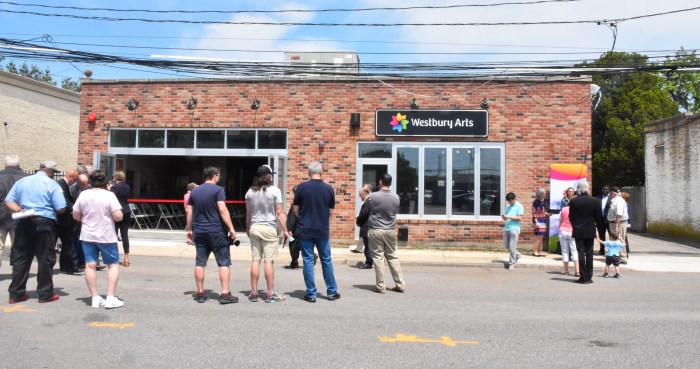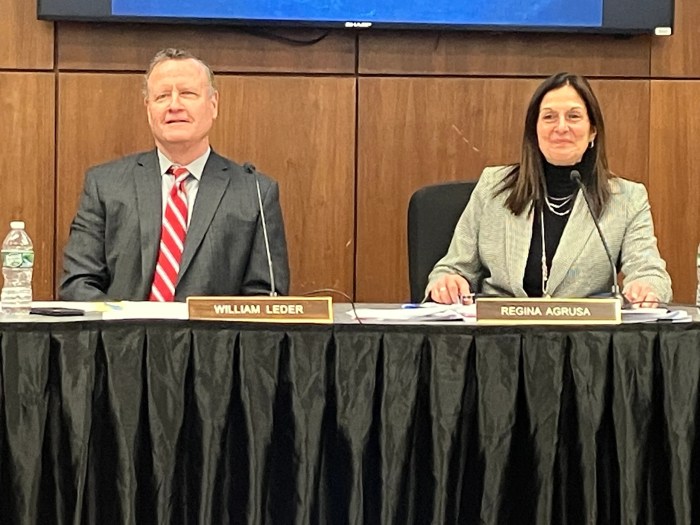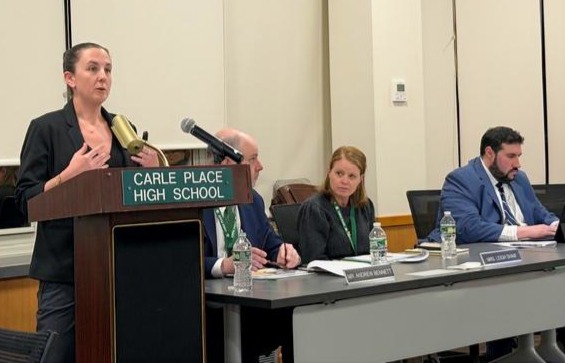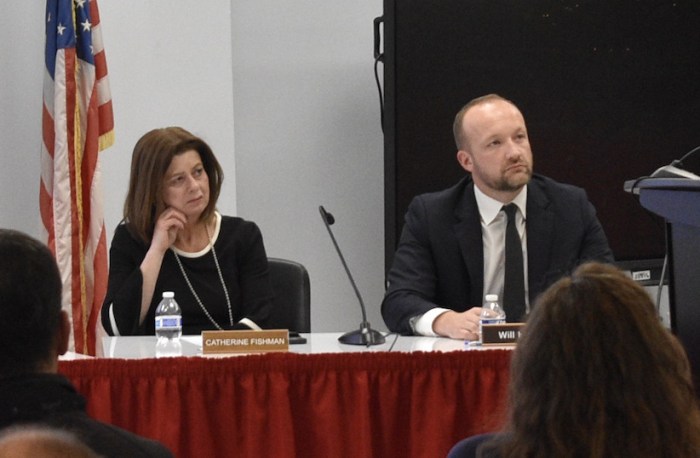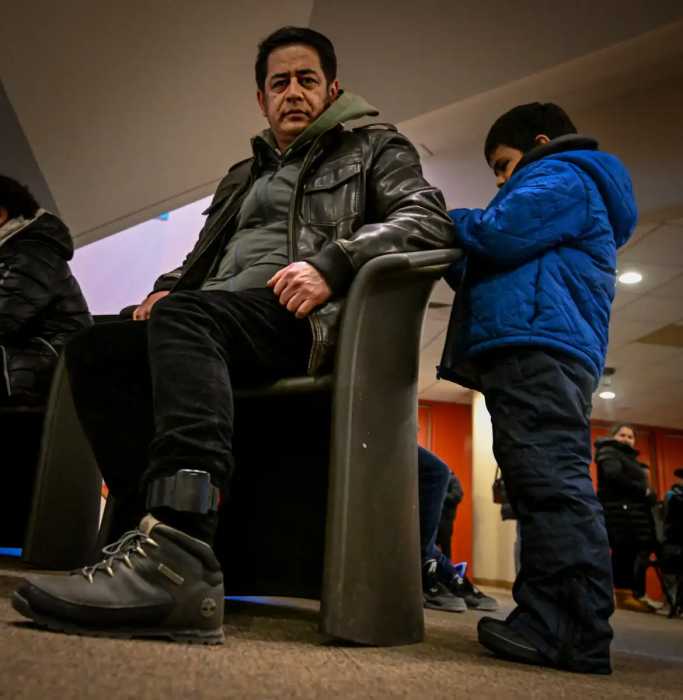By Gerard W. Dempsey, Jr.,
Roslyn School District
I listened recently to President Obama as he signed a major education piece of legislation, the Every Student Succeeds Act. Thirteen years after the No Child Left Behind Act, we now have seen a bipartisan agreement on major federal education reform. What I found interesting was his discussion of over testing and past overreach in terms of limiting local control. He and many other public officials are also recognizing the importance of balance in regard to assessment and evaluation. Implicitly and sometimes explicitly, they are acknowledging the value of local control with the involvement of school boards, teachers, administrators and parents. This is a welcome change.
There is no question that No Child Left Behind intended to improve the equity of academic performance. I think encouraging every district throughout the nation to attend to the performance, not just of the student body as a whole, but for all the subgroups including special education students of poverty and students whose native language is not English was a positive step. Along the way there were, however, unintended consequences that undermined the legislation’s good intentions. The overemphasis on testing, the controversial link between testing and teacher evaluation, and the focus on English language arts and mathematics to the exclusion of other disciplines, all negatively impacted the education landscape.
If the promise is fulfilled, the new legislation Every Student Succeeds Act will bring more attention back to the local environment. Improvement and growth can only happen if the stakeholders within each school and each school community works collaboratively to provide the best educational programs and to assure that attention to every subgroup is given the highest priority for all involved.
The rhetoric from Albany has also been encouraging from the Board of Regents and the new Commissioner. The release of the Governor’s task force report on common core standards and the recommendation for a delay in using assessments to evaluate teachers and principals is also a major sign of hope.
It has been exceedingly rare in recent years to celebrate any bipartisan efforts on any topic. At least for now, we should celebrate that there has been congressional agreement on education. Time will tell whether this new legislation brings improvement, but for now we can begin with new hope.
Every person interested in the education of our young people, and that should be everyone, must hope and wish for excellence in all program offerings and equity of opportunity for all students. As we know even if there is equity of opportunity, there has not been equity of outcomes. This challenge continues to present itself in every classroom and every school.




